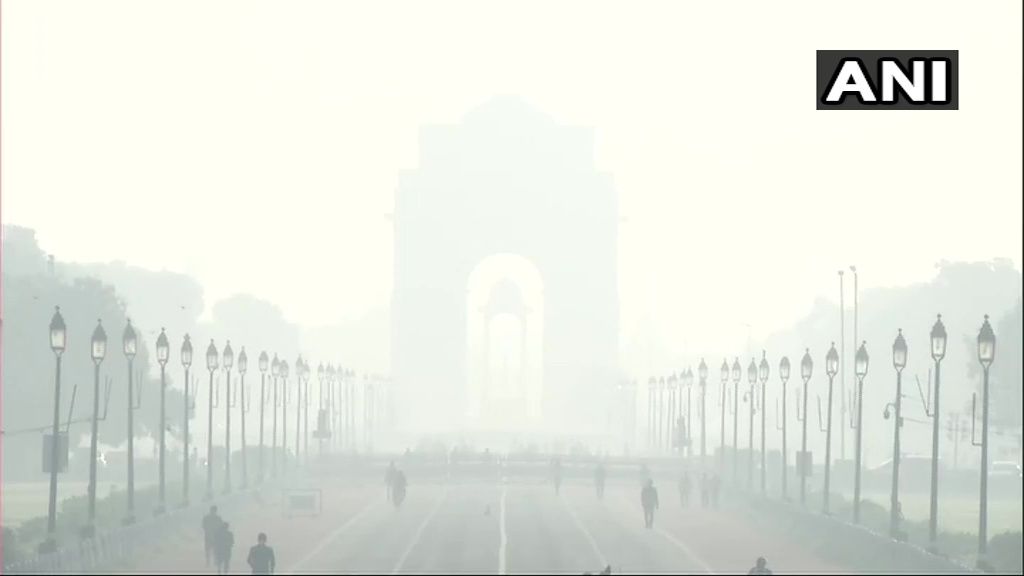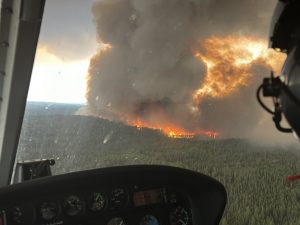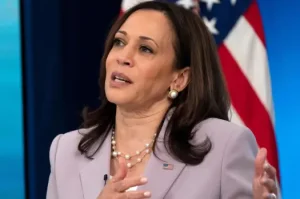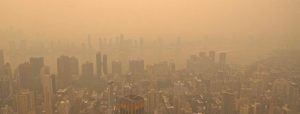With surging rates of COVID-19 cases and
chilling winter breezes already taking a massive toll on Delhites, the national
capital is in for more trouble as the data released by Central Pollution
Control Board indicated that November of 2020 was more polluted than that of last
year.
The data also revealed that the increase in
pollutants is primarily due to lesser precipitation and large-scale stubble
burning.
The head of the regional forecasting center of
the India Meteorological Department, Kuldeep Srivastava informed that the air
was fouler this November owing to the comparatively lesser precipitation.
Also Read: Top runners face COVID-19 pandemic, air pollution in Delhi half marathon
“The monsoon withdrew around October 10
last year, while the wind system receded early this year, around September
23-24.
As far as stubble burning is
concerned, an official from Indian Agricultural Research Institute (IARI) said
that the incidents of stubble burning were at peak between November 4 and
November 7.
“It was a bumper harvest this year, so
the amount of crop residue was also large. Also, it was a cloud-free season
this year as compared to last year. The biomass was drier and prone
to burning,” the IARI official said.
The city also hit nine ‘severe’ category
air quality days this November, which is the highest for the month of November in
the span of four years.
The average AQI in November this
year stood at 328 while the last year’s record was 312, according to Central
Pollution Control Board data.
Pollution
levels breached the emergency mark twice this month as a grey apocalyptic
smog enveloped Delhi for days, blotting the sun from the sky and smudging
landmarks from view.
Also Read: Delhi set to record coldest November in at least a decade: IMD data
According to
the Graded Response Action Plan (GRAP), the air quality is considered in the
“severe plus” or “emergency” category if PM2.5 and PM10
levels persist above 300 µg/m3 and 500 µg/m3 for more than 48 hours.
Shockingly, the
pollution level on Diwali and the day after this year were the maximum in the
last four years despite the ban of burning and selling crackers till November
30 by the AAP government and the National Green Tribunal.







